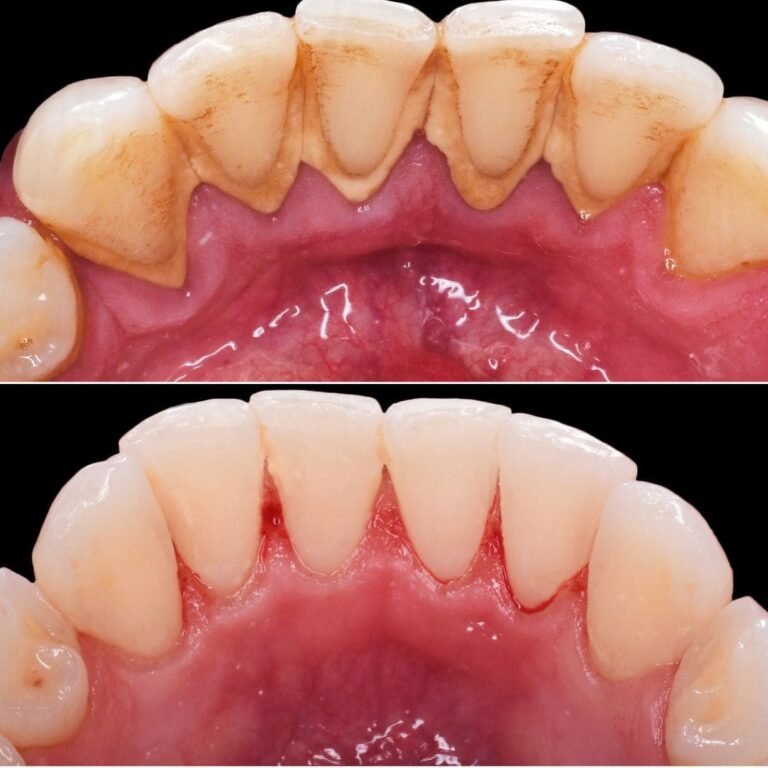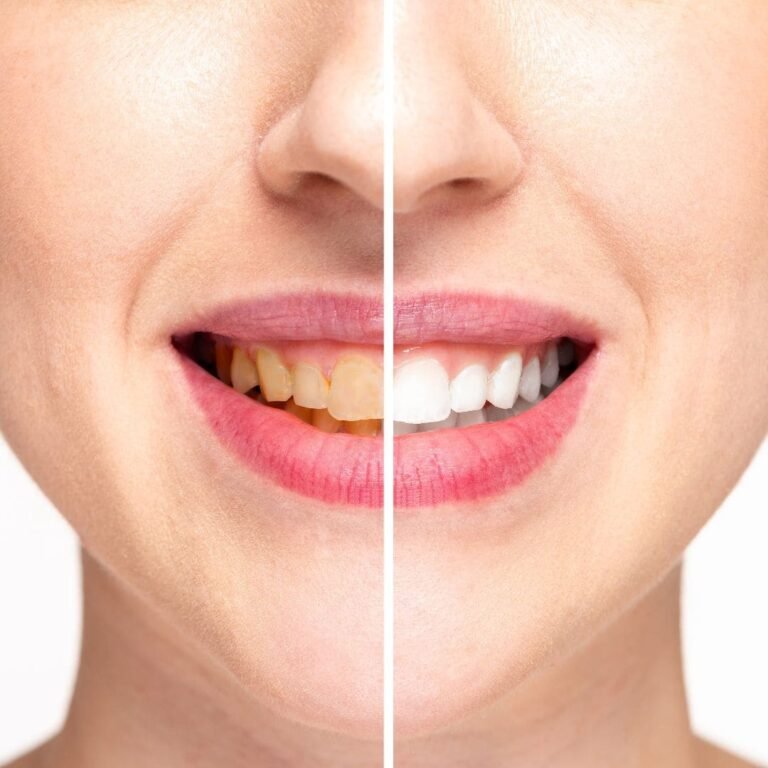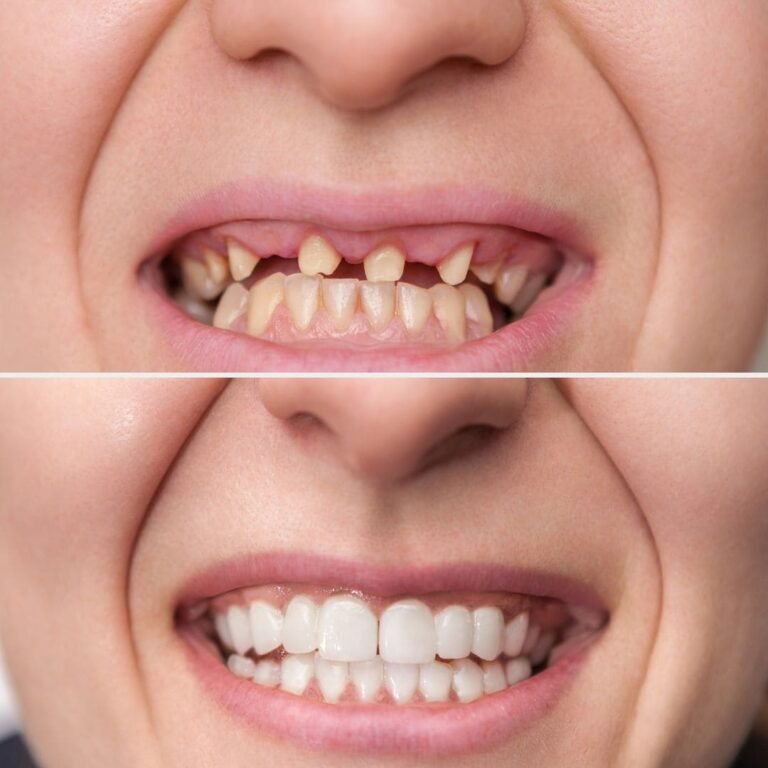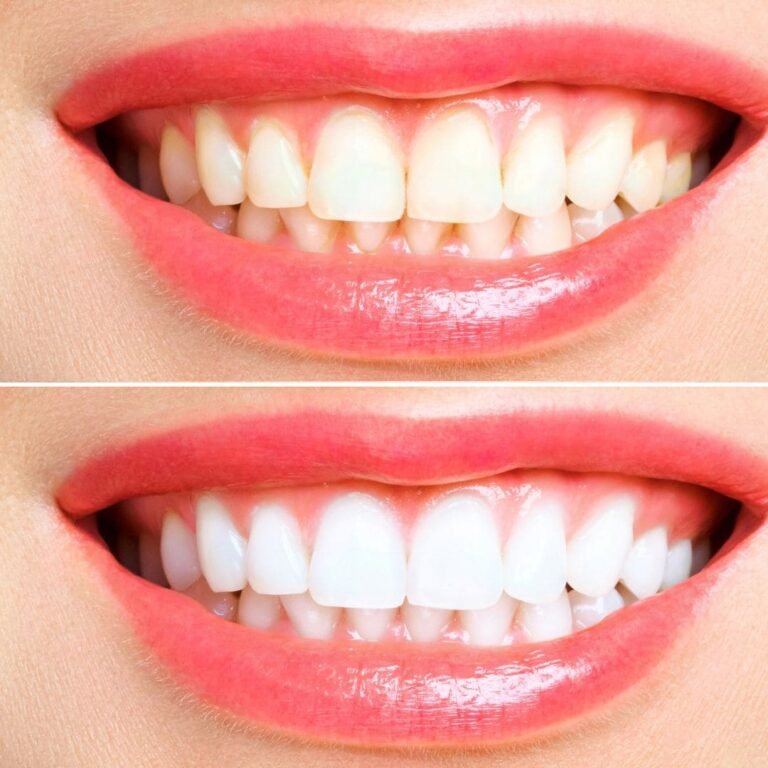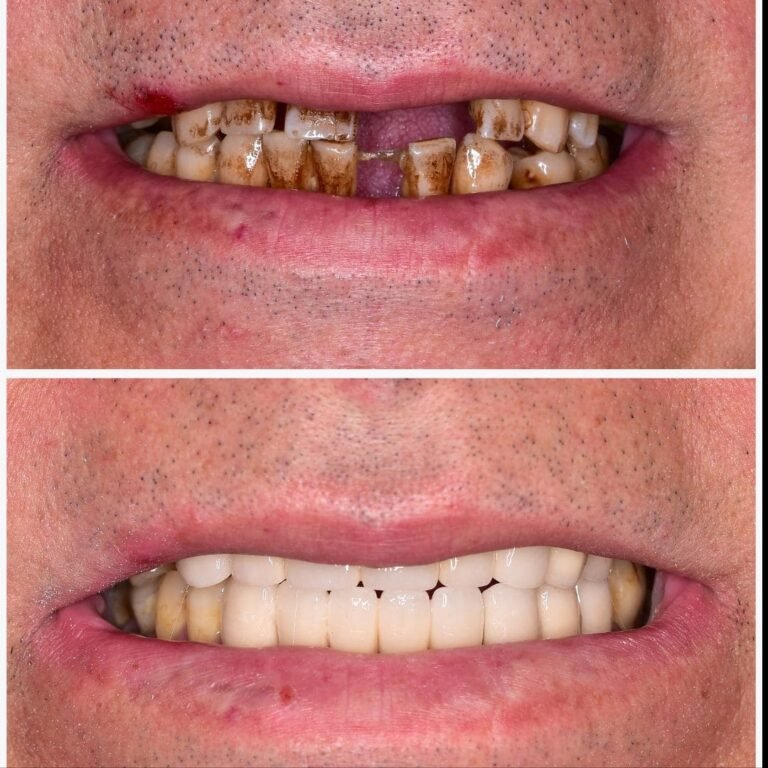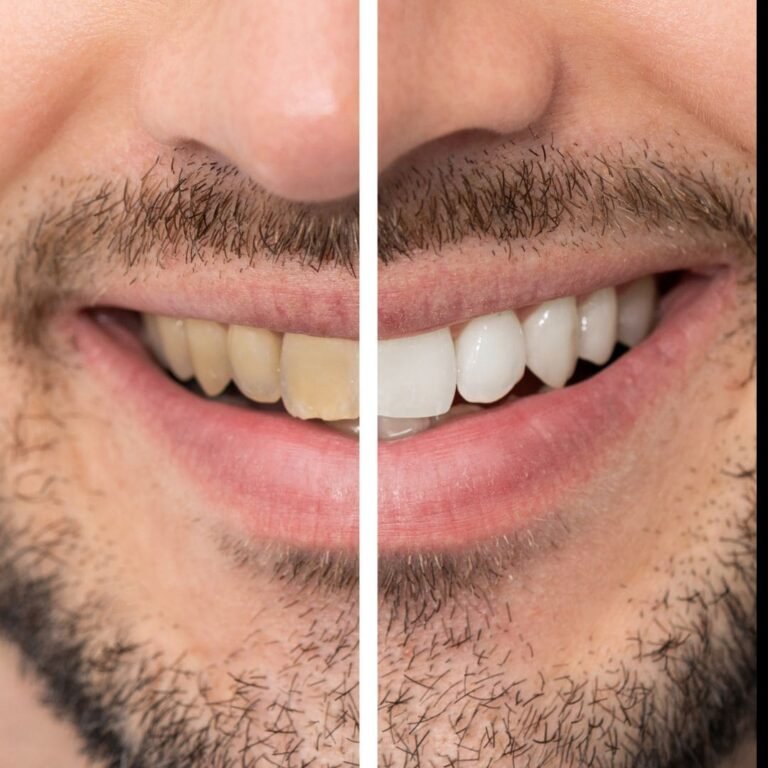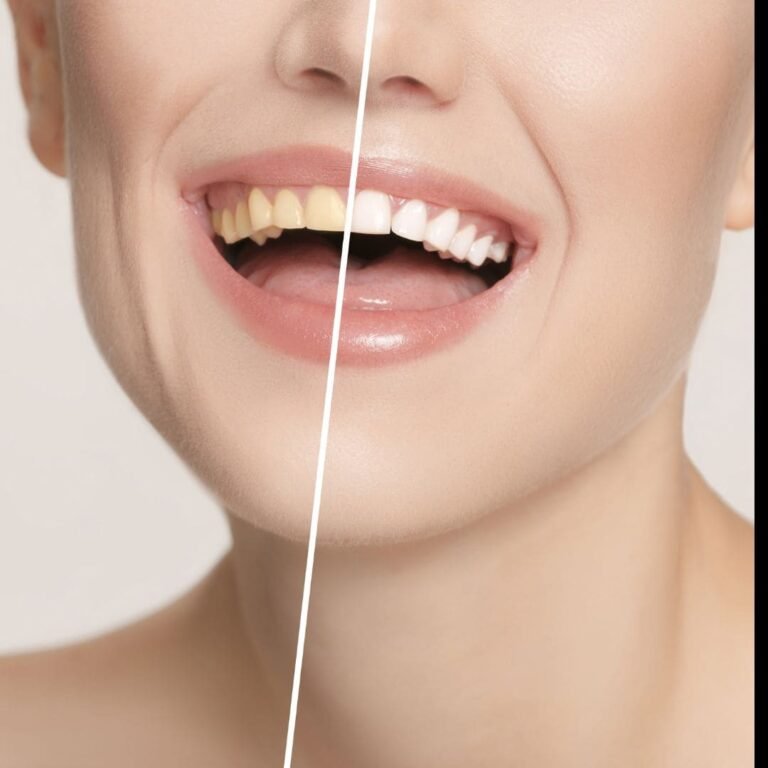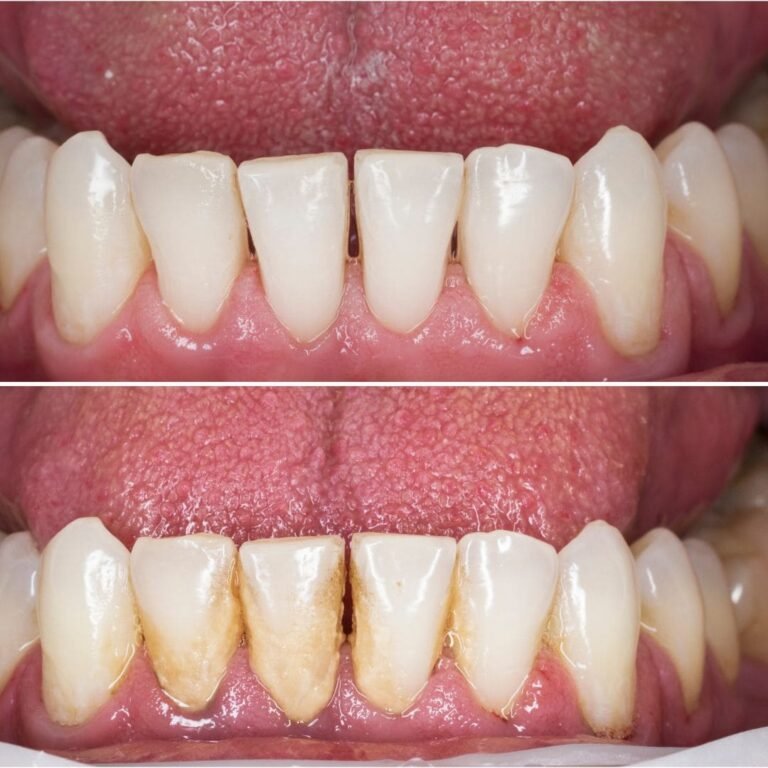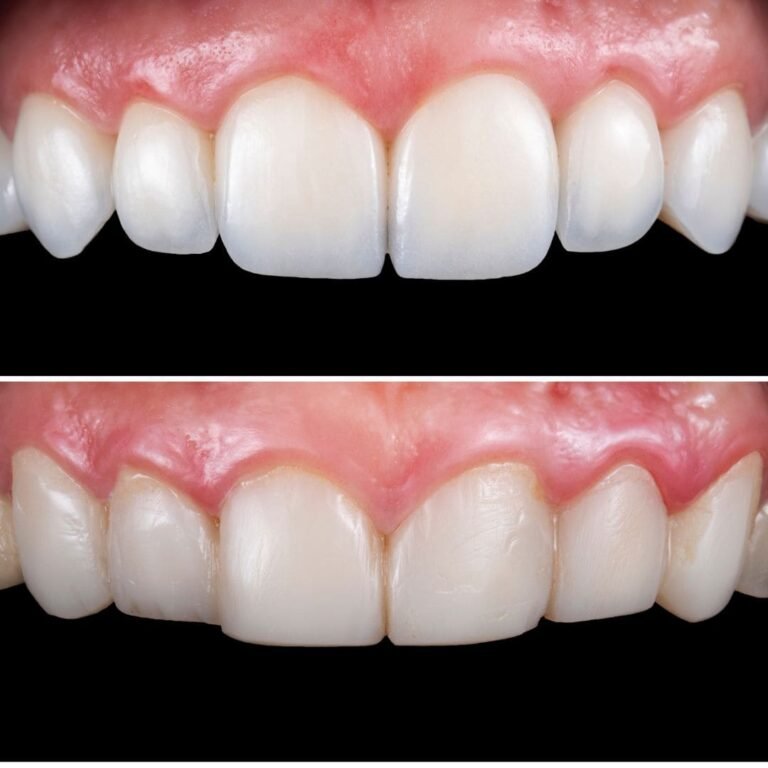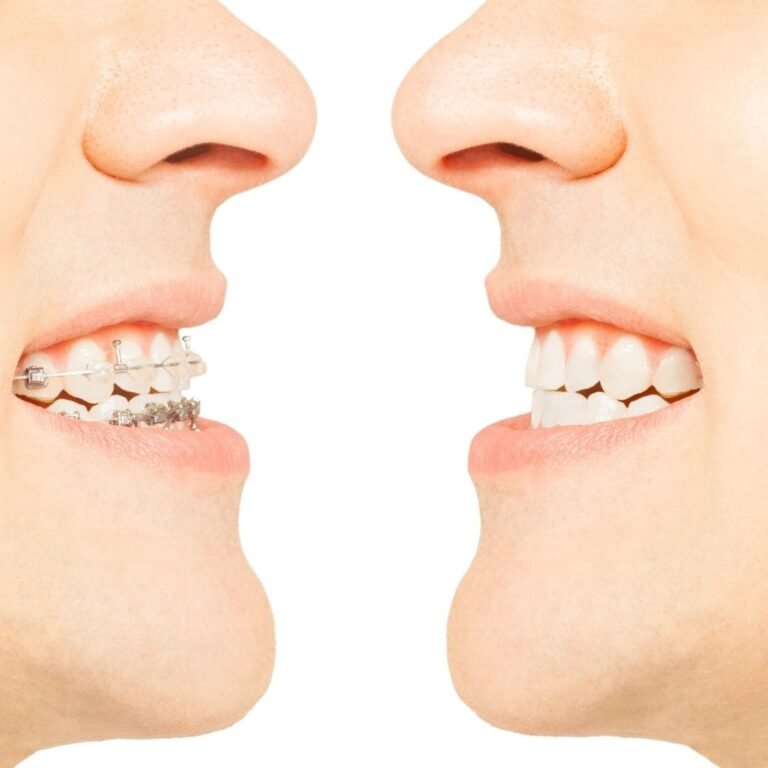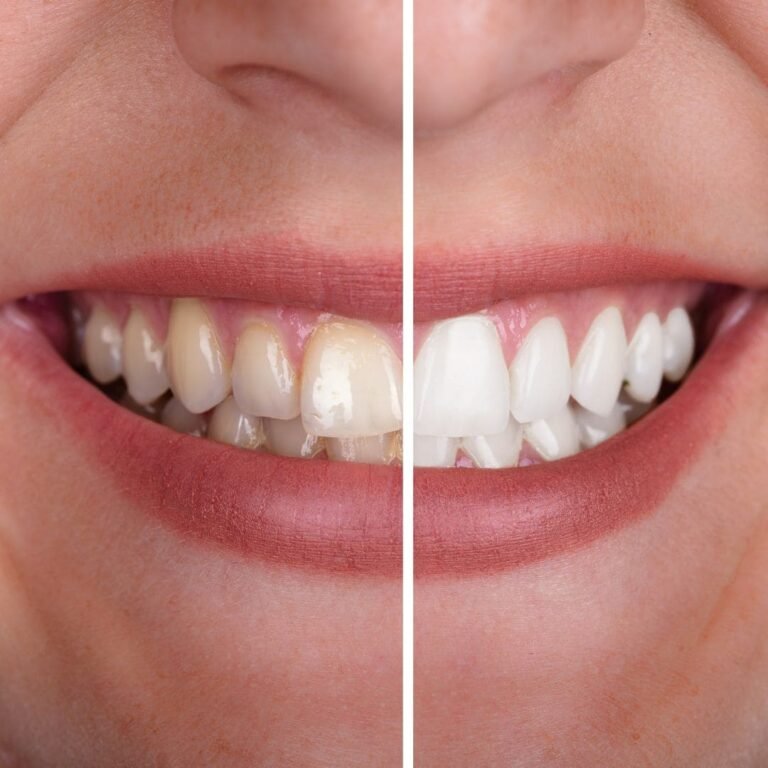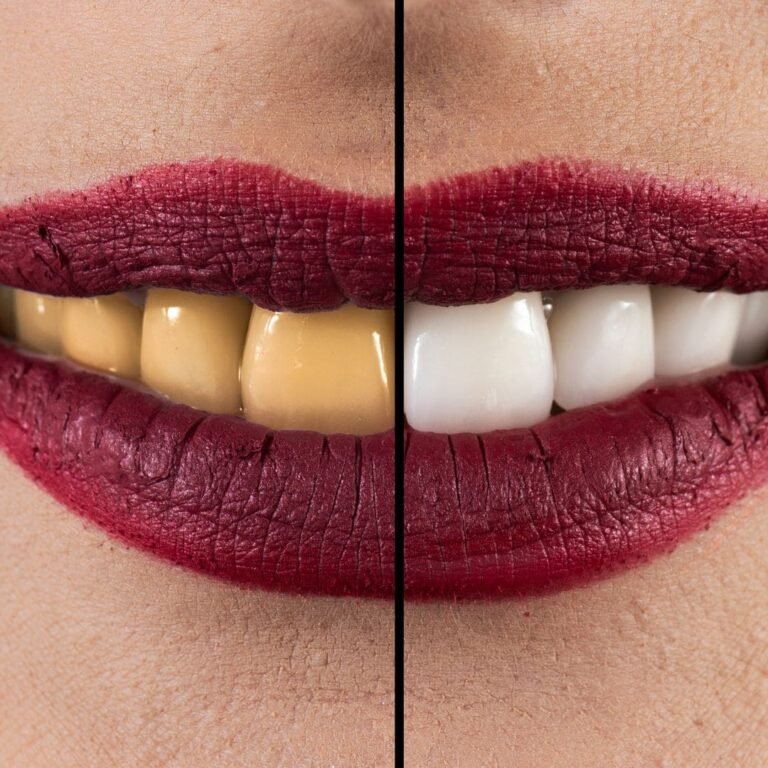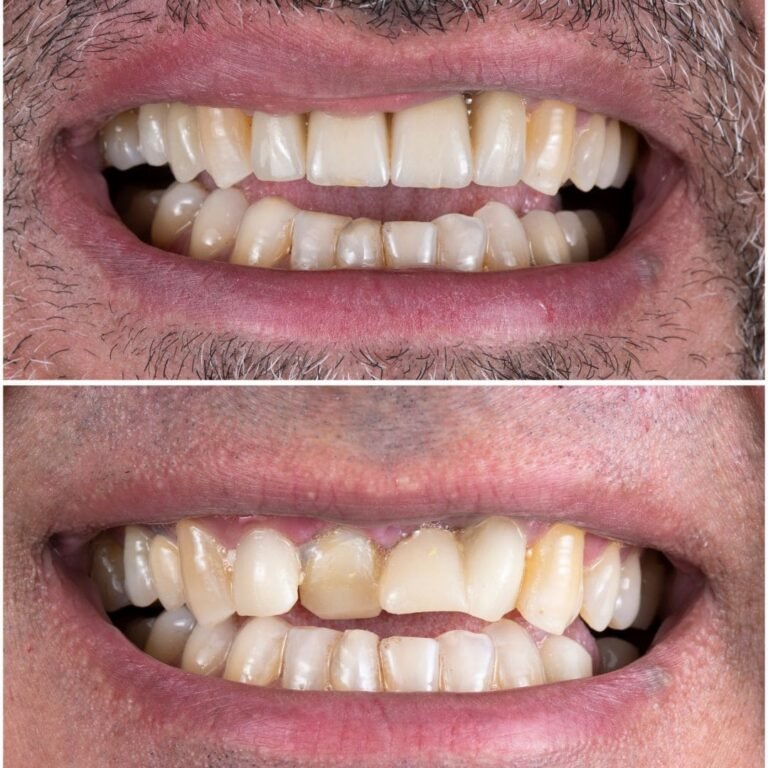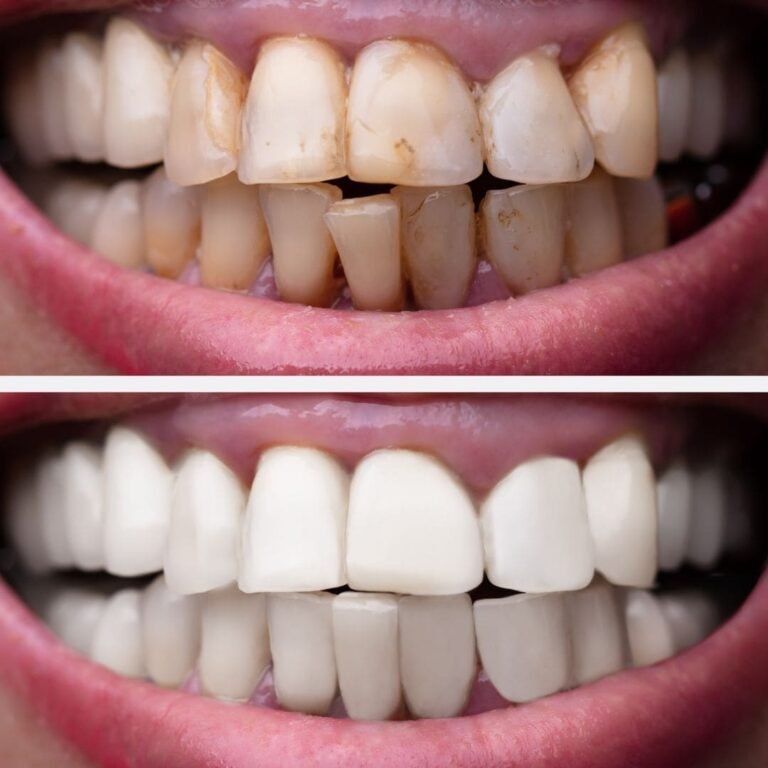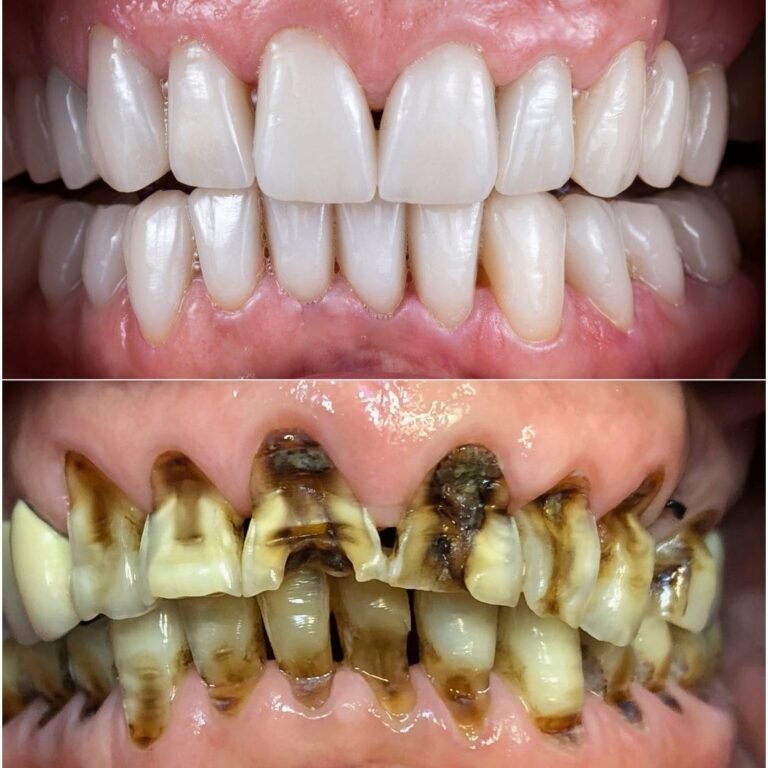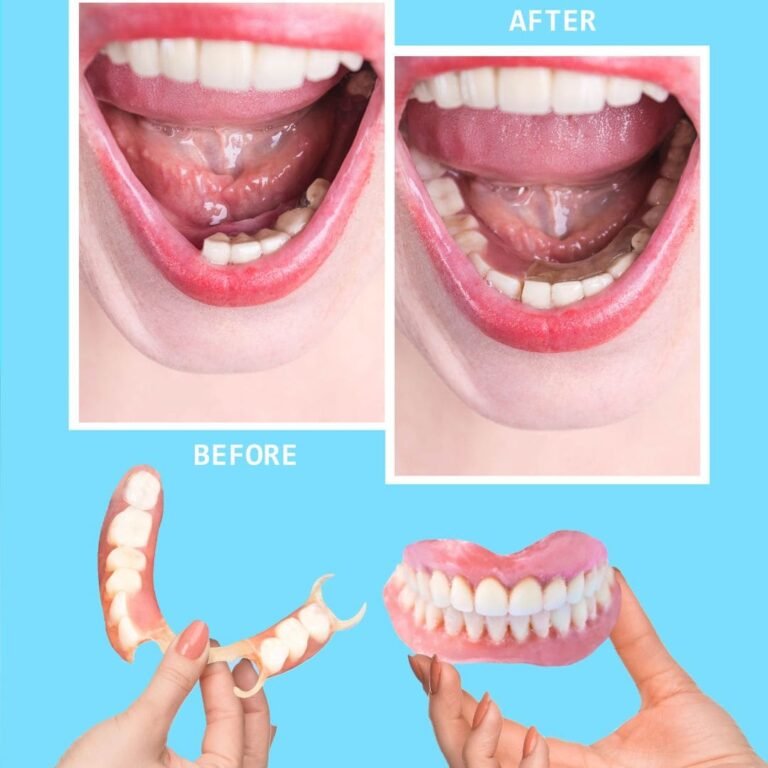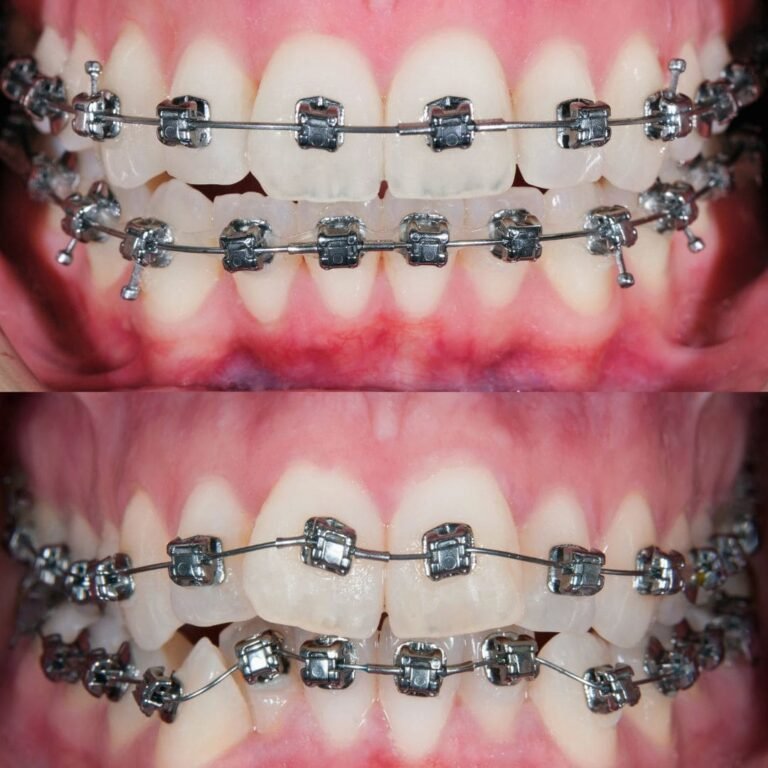What is Periodontal (Gum) Disease?
Ready for a Healthy Smile? Contact Us Today!
Happy Stories
EXCELLENTTrustindex verifies that the original source of the review is Google. So many great things to say about Castaic Dental! The staff-Amazing! The Dentist-Amazing! They’re honest and really care about your dental health. The office is clean, they always play good music which helps me relax .. if you’re looking for a trustworthy dentist look no further.. This is it.Posted onTrustindex verifies that the original source of the review is Google. Castaic Dental Center is an excellent dental office. Dr Charu and her staff are helpful, respectful, and patient:) Dr Charu always answers all my questions and concerns about current and future dental work. Dr Charu is the best!Posted onTrustindex verifies that the original source of the review is Google. I’ve been going here for over 25 years it’s the bestPosted onTrustindex verifies that the original source of the review is Google. I had an amazing experience with the doctor. I had a filling done After a root canal and felt no pain whatsoever.Posted onTrustindex verifies that the original source of the review is Google. I recently visited Castaic Dental and couldn’t be happier with my experience. Right from the moment I walked in, I was impressed by the clinic’s immaculate hygiene standards — the place is spotless, with sterilization and safety protocols clearly a top priority. It instantly put me at ease, especially in today’s times when cleanliness is non-negotiable. The entire team is incredibly professional and courteous. They take the time to explain procedures in detail, making sure you’re comfortable and informed every step of the way. Dr. Charu Aggarwal is not only skilled but also genuinely caring, ensuring that each treatment is as painless and stress-free as possible. What stood out most was the value for money. Dental treatments can often be expensive, but Castaic Dental offers top-quality care at very reasonable prices, without ever compromising on quality. It truly feels like you’re getting premium service at a fair cost.Posted onTrustindex verifies that the original source of the review is Google. Dr Charu and her staff is the best. Best dental experience and no over selling. Highly recommendedPosted onTrustindex verifies that the original source of the review is Google. Visited on 7th July 2025 I had a great experience on my recent visit. Charu did an outstanding job with the cleaning — everything was spotless and well-maintained. She was extremely courteous, professional, and clearly experienced in her work. Truly appreciated her attention to detail and positive attitude. Highly recommended!
Get a Dazzling Smile Now
Call Us Today To
Book An Appointment
Your Oral Health Matters to Us
The term “periodontal” refers to the tissues surrounding the tooth. Periodontal disease, also known as periodontitis or gum disease, is a common inflammatory condition that affects these supporting and surrounding soft tissues of the tooth, as well as the jawbone in advanced stages.
Periodontal disease typically starts with gingivitis, a bacterial infection of the gum tissue. This infection occurs when toxins in plaque irritate and inflame the gum tissues. As the bacterial infection progresses, it colonizes in the gum pockets between the teeth, making it harder to remove and treat. Without intervention, periodontal disease can lead to the destruction of connective tissue and jawbone, resulting in consequences such as shifting and loose teeth, and eventually tooth loss.
Given its potential impact, periodontal disease should be promptly treated, as it is the primary cause of tooth loss among adults in developed countries.
Types of Periodontal Disease
Chronic periodontitis is marked by inflammation in the supporting tissues, leading to deep pockets and gum recession. While it may seem like the teeth are elongating, it’s actually the result of receding gums. This type is prevalent and involves a gradual loss of attachment, interspersed with periods of rapid progression.
Scaling and root planning is a crucial procedure aimed at maintaining gum tissue health. To address the infection caused by bacteria and calculus (tartar), thorough removal is essential. During this treatment, the gum pockets are meticulously cleaned, and antibiotics may be applied to alleviate the infection. Additionally, a prescription mouthwash might be recommended for regular use as part of daily oral hygiene routines.
Aggressive periodontitis occurs in otherwise healthy individuals and is characterized by swift gum attachment loss, chronic bone deterioration, and familial clustering.
Necrotizing periodontitis primarily affects individuals with systemic conditions like HIV, immunosuppression, and malnutrition. It involves tissue death in the periodontal ligament, alveolar bone, and gingival tissues.
Periodontitis caused by systemic disease often starts early in life and is linked to medical conditions such as respiratory disease, diabetes, and heart disease.
Treatment for Periodontal Disease

The periodontist may opt for various surgical and nonsurgical treatments based on the specific condition of the teeth, gums, and jawbone. Before any treatment is initiated or recommended, a comprehensive periodontal examination of the mouth is conducted.
Below are some of the more common treatments for periodontal disease:
Scaling and root planning is a crucial procedure aimed at maintaining gum tissue health. To address the infection caused by bacteria and calculus (tartar), thorough removal is essential. During this treatment, the gum pockets are meticulously cleaned, and antibiotics may be applied to alleviate the infection. Additionally, a prescription mouthwash might be recommended for regular use as part of daily oral hygiene routines.
Tissue regeneration involves encouraging the regrowth of bone and gum tissues that have been damaged or destroyed. This process often involves grafting procedures and may include the insertion of a membrane to aid in the regeneration process.
Pocket elimination surgery, also known as flap surgery, is a surgical treatment aimed at reducing the size of pockets between the teeth and gums. In some cases, surgery on the jawbone may also be necessary to eliminate indentations that harbor bacteria.
Dental implants offer a solution for restoring both the aesthetics and functionality of the mouth after tooth loss due to periodontal disease. Dental Implants are prosthetic teeth implanted into the jawbone. Prior to implant placement, tissue regeneration procedures may be required to strengthen the bone.
If you have any questions or concerns regarding periodontal disease, periodontal treatment, or dental implants, don’t hesitate to consult with your dentist.

